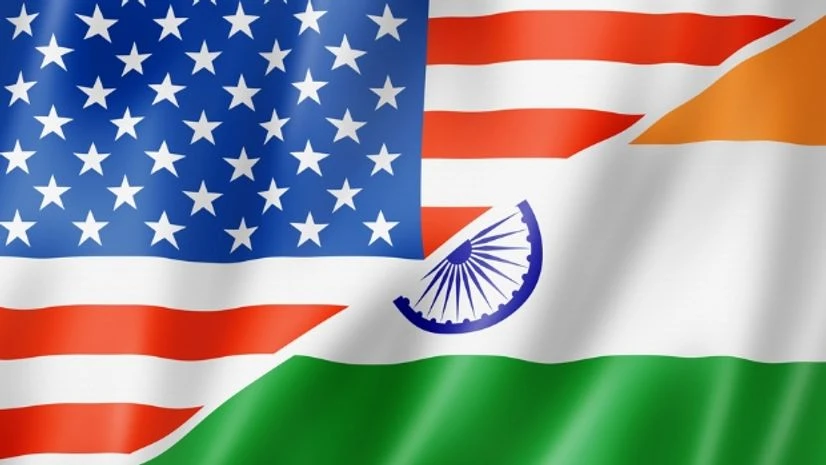India and the US have agreed on a $30 million public-private five-year research initiative for a joint research on smart grid and energy storage technology.
"Smart grid and storage technology will transform how we produce and consume electricity, which has the potential to decrease carbon pollution by scaling up renewable energy deployment," US Secretary of Energy Ernest Moniz said.
"Working collaboratively with India will accelerate solutions to drive down technology costs and improve grid resilience and reliability in both countries," Moniz said after Department of Energy made an announcement in this regard.
Under the US-India Partnership to Advance Clean Energy Research (PACE-R), the US Energy Department (DOE) and the Indian Ministry of Science and Technology (MST) will each commit $1.5 million per year for five years to the expanded research effort, subject to congressional appropriations.
The US and Indian private sectors will match the respective government commitments, resulting in a combined $30 million public-private research investment over the next five years, a statement said.
Also Read
In 2009, the two countries launched Partnership to Advance Clean Energy (PACE) to support research and deployment of clean energy technologies.
PACE is the core mechanism of bilateral energy R&D collaboration between the US and India.
Since its launch, the countries have agreed to expand the initiative, which has three main areas of activity: Research (PACE-R), Deployment (PACE-D) and Access (PEACE).
In 2012, the two countries committed to jointly funding PACE-R with a combined $50 million in government funding over five years to launch three initial research consortia, focusing on solar energy, energy efficiency in buildings, and next-generation biofuels.
The latest announcement provides resources for a fourth consortium under PACE-R that will focus on smart grid and energy storage for grid applications.
The new consortium will enable counterparts in the United States and India to leverage the technological research capabilities of both countries.
The new consortium will be officially established when an award selection is made — anticipated in 2017, the statement said.

)
